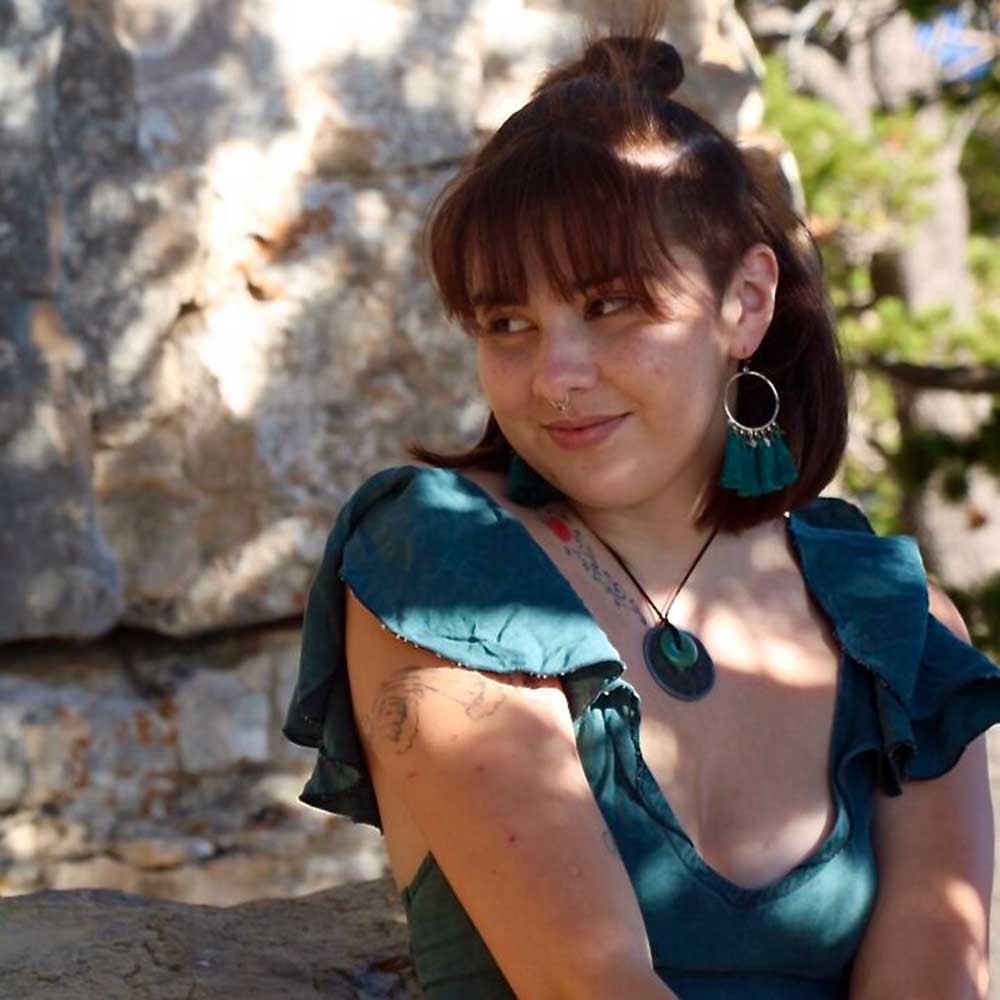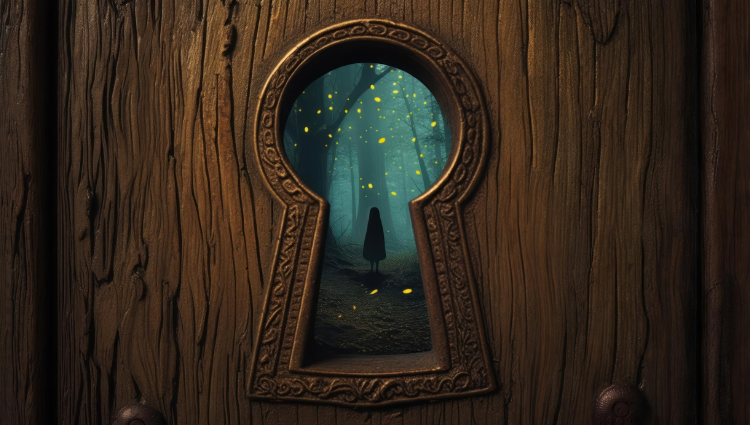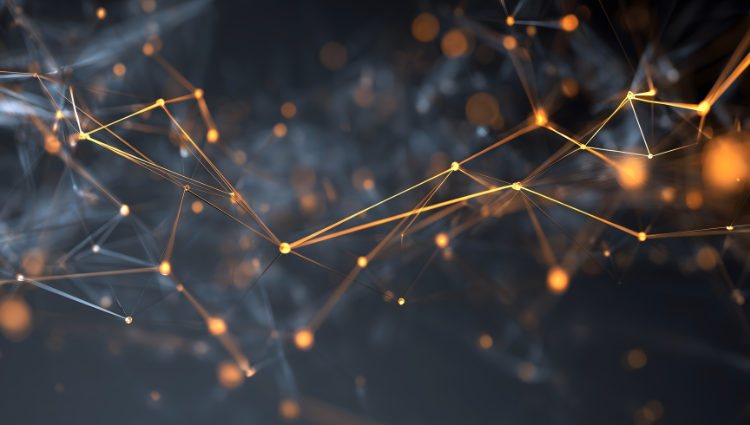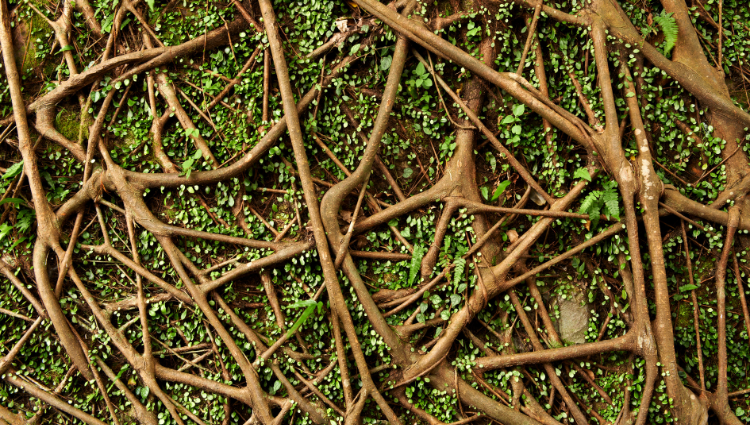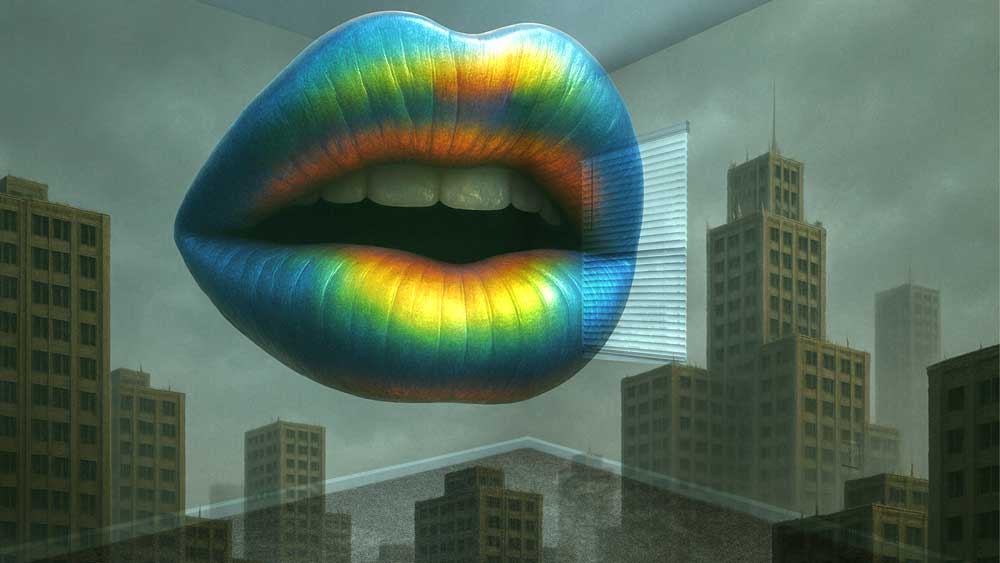Editorial Note: Zoë Luh was a finalist for our Editors-in-Chief position for our 2025 Community Anthologies. We invited our finalists to write a short piece on the topic of their proposed anthology. Below, get insight into “On Disabled Dreaming,” the anthology topic that Zoë had proposed for their Community Anthology.
This piece is an invitation to vulnerability, to feeling the sharp edges of your broken heart, to being gentle with yourself. This is an homage to the practice of writing from bed, to the legacy of cripping liberation work, to the audacious idea of a disabled future.
I recently talked with a friend about internalized ableism in our organizing work, the balance between yin and yang energies, and the power of spiritual connection in organizing. I see all of this as intricately tied with disabled dreaming and cripping liberation work. I often struggle to stay out of despair, to respect and embrace my strengths in organizing spaces, and to refuse the ableism creeping in. I want to challenge (in myself and in readers) the idea that able-bodied ways of working for liberation are the only ones of value. I want to challenge the idea that dreaming is not real work. Dreaming, writing from bed, reaching for a reality that others see as beyond our reach, is disabled tradition and resistance.
The work of imagining is also the work of hope, and hope demands that you deeply feel. Capitalism and colonialism work to disconnect us from our bodies, from our feelings, from each other. In the spaces created by this disconnection, ableism blooms, dulling our movements and limiting potential. Even in organizing spaces, the emotional and spiritual parts of liberation work are minimized and dismissed as practices that take energy away from practical action. I think that all aspects are needed, but in a world where emotions, spirituality, and imagining are so often suppressed, we must more intentionally nurture these practices. In a world that only values certain ways of being and acting, the most radical act is to slow down, to open ourselves to vulnerability, and to imagine. When we allow ourselves to experience the pain and joy, the hope and bitterness of living in such a beautiful and cruel world, then we can open ourselves to deeply caring about our collective struggles, and that care will transform into action. It just might not be the action that able-bodied communities imagine.
When able-bodied writers dream of a better future, they dream of a future where disability doesn’t exist, where sickness doesn’t happen, and madness is “cured.” In The Future is Disabled, Leah-Lakshmi Piepzna-Samarsinha challenges this idea and poses the question: What if the future is disabled? And not in a tragic way. What if the future is beautifully disabled and we actively want a future full of disabled people? What would this future look like?
In We The Gathered Heat, Bao Phi speaks to writers who have chosen to find the power in being impossible, and to me, that is the beauty and power in disabled dreaming. Disabled dreamers refuse to accept able-bodied and ableist dreams for our future, find power and joy in disabled life, and choose to use that power to dream against impossibility and towards a disabled future. We do not have to be soft or palatable, but we can be gentle and tender if that is what we choose.
Disabled dreaming does not need to be segregated or put to the side; it is the work we need to be doing now, and it is essential for non-disabled people to witness, sit with, and integrate. I think that disabled dreaming is especially important right now as we watch the continued rise of fascism and eugenics, as well as the rising resistance against those forces. As we resist and refuse fascism, we must also imagine and work towards another future, and that future must be disabled. If we don’t allow ourselves to be vulnerable enough to begin to untangle the indoctrination inside ourselves, if we don’t allow ourselves to imagine beyond the limited ideas of value we are given, then we won’t ever be able to truly create change. Without the more intangible work of feeling, being, and dreaming, we won’t be able to create something new. We will simply continue to re-create violences under different names.
Disabled futures offer a different path forward. One that isn’t perfect or easy, but that invites us to be real. It invites us to take off our masks, to slow down and feel the ways our world breaks us over and over again, to honor the ways we continue, and to let ourselves feel the intimacy of dreaming of a future where we are allowed to be imperfect and messy, and valued anyways.
I am asking my reader and myself to step into the vulnerability of imagining and dreaming in a hopeful way. It’s essential to dream and write in community. None of us have the singular answer; it is in our collective imagination and work that we can create change. What if we used our imaginations to liberate us instead of imagining disaster and despair? What if the key to creating a liberated world is by loving, embracing, and dreaming disabled futures? How do we crip our dreams for the future?
